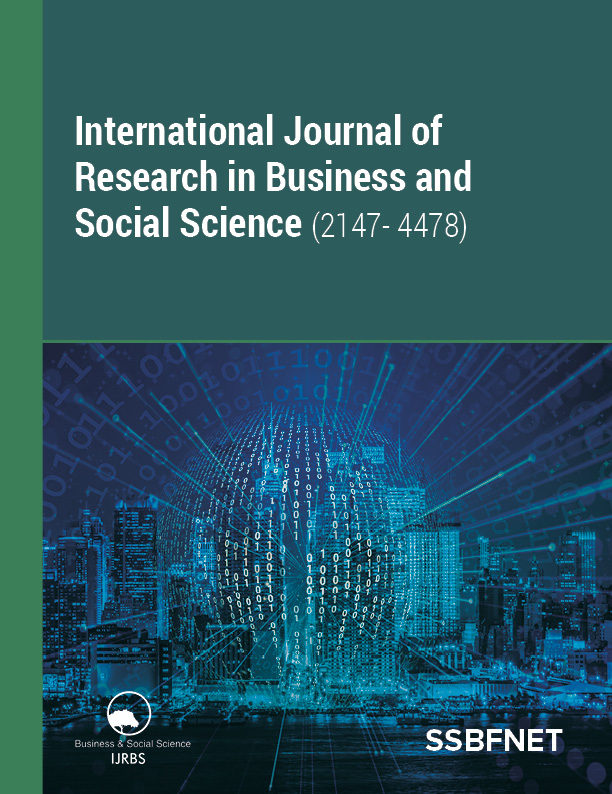
International Journal of Research in Business and Social Science
Yazarlar: Sagarika Irangani, Zhiqiang Liu, Weedige Sath Sanjeewa
Konular:
Anahtar Kelimeler:Status distance,Status threats,Task interdependence,Loyalty,Job performance,Power distance theory
Özet: Status is an important circumstance for People’s subjective “well-being, self-esteem, and mental and physical health”. The paper aimed to test how leader status stimulates the quality of employee job performance in the organization. We argue that in spite of the benefits of having low-status distance who be faced with a comparable loss of status individuals experience more “self-threat” and hence status is threatened tend to engage in disruptive behavior to deliberately inflicts others through actions such as disapproving and acting unkindly. consequently, when the leader -Team member relationship is worse less perception of leader provided less performance of team members and relatively more perception offered to better performance of employees. We investigated these assumptions involving 240 employees (N = 240). Our findings help to explain why leaders sometimes challenge others who present an immediate threat to their status. As such, we extend theorizing on the power distance, organizational bureaucracy, and leader-member exchange. Results from survey study show a curvilinear relationship between status distance and team member job performance, these detectings offer an empirical basis and theoretical inspiration to consider status distance as a critical variable in the possessions of status differences on interpersonal dynamics. Importantly, this work also offers an applicable and timely viewpoint for managers debating the cost and benefits of various hierarchical alignment in organizations.